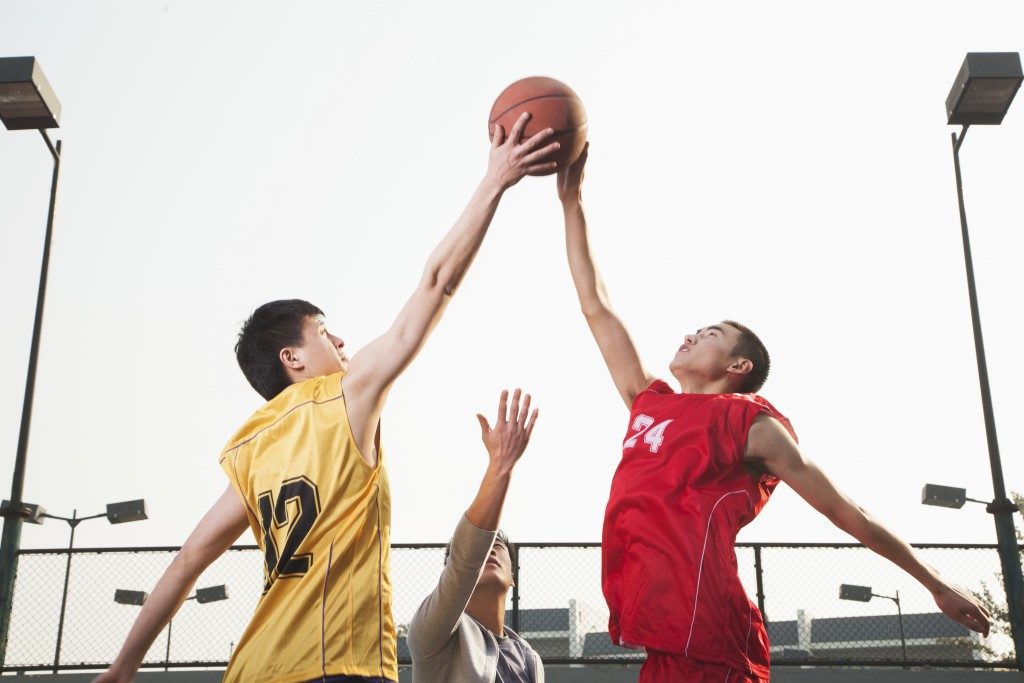As adults, we tend to focus on improving our memory function through crossword puzzles, Sudoku, and other activities. Have we ever thought about how improving our motor skills through sports can help our brains function better? A study shows that learning a new skill, such as juggling or snowboarding, increases the volume of gray matter parts in the brain’s motor cortex.
Improvement in Neuronal Functions
So what are you waiting for? You should get that Descente ski jacket you’ve been eyeing and start learning how to ski. Further studies show that learning a new skill will lead to increased myelination of neurons in the motor cortex. This is a process wherein parts of the brain are insulated so that the neurons can send messages smoother and quicker.
For years, scientists believed that myelination occurred only in infancy and adolescence. They believed that it stopped once people reached adulthood. But a 2016 experiment showed that adult mice showed increased myelination in the brain when they tried a new type of running wheel. Other animals that did the same traditional running wheel showed no increased myelination.
This means that learning a new skill improved the inner workings of the animals’ motor cortexes. Doing the same thing—the skill they have mastered—does nothing for their brains. Although the experiment has not been tested on humans, there is a big possibility that the scientists will come up with the same results.
Benefits of Learning a New Skill for Kids
 That’s why sports are not just good for children’s bodies and physical health; these are also good for their mental and psychological development. Many studies have shown that learning sports at a young age teaches students important life skills. They work better with other people. They learn the value of hard work and collaboration. They cope better with unpleasant experiences.
That’s why sports are not just good for children’s bodies and physical health; these are also good for their mental and psychological development. Many studies have shown that learning sports at a young age teaches students important life skills. They work better with other people. They learn the value of hard work and collaboration. They cope better with unpleasant experiences.
This is the same reason emotionally traumatized children—whether from abuse or accidents—are advised to take up a new sport or activity. What learning new skills does to your brain is exemplary. It cannot be replicated by medication and intravenous therapy.
Playing sports regularly improves children’s overall emotional well-being. Playing stimulates positive responses in their brains. This leads to better moods. There’s also a direct link between sports and self-esteem in children. Since they are always seeking validation, the support of their coaches and teammates are valuable to them.
Parents’ Role in Sports
Parents play a critical role in the development of their children. If your child is interested in a particular sport, make sure to encourage them. Make playing sports a positive experience for them. This means focusing on having fun and learning about sports rather than winning or losing. Help develop your child’s positive attitude toward sports. Make them understand that losing does not equate to failure; it’s part of why sports are great.
Encourage your kids to try out a new skill and learn a sport. Learning skills and sports is very critical to the development of your child. This will have a profound impact on your child’s future.

